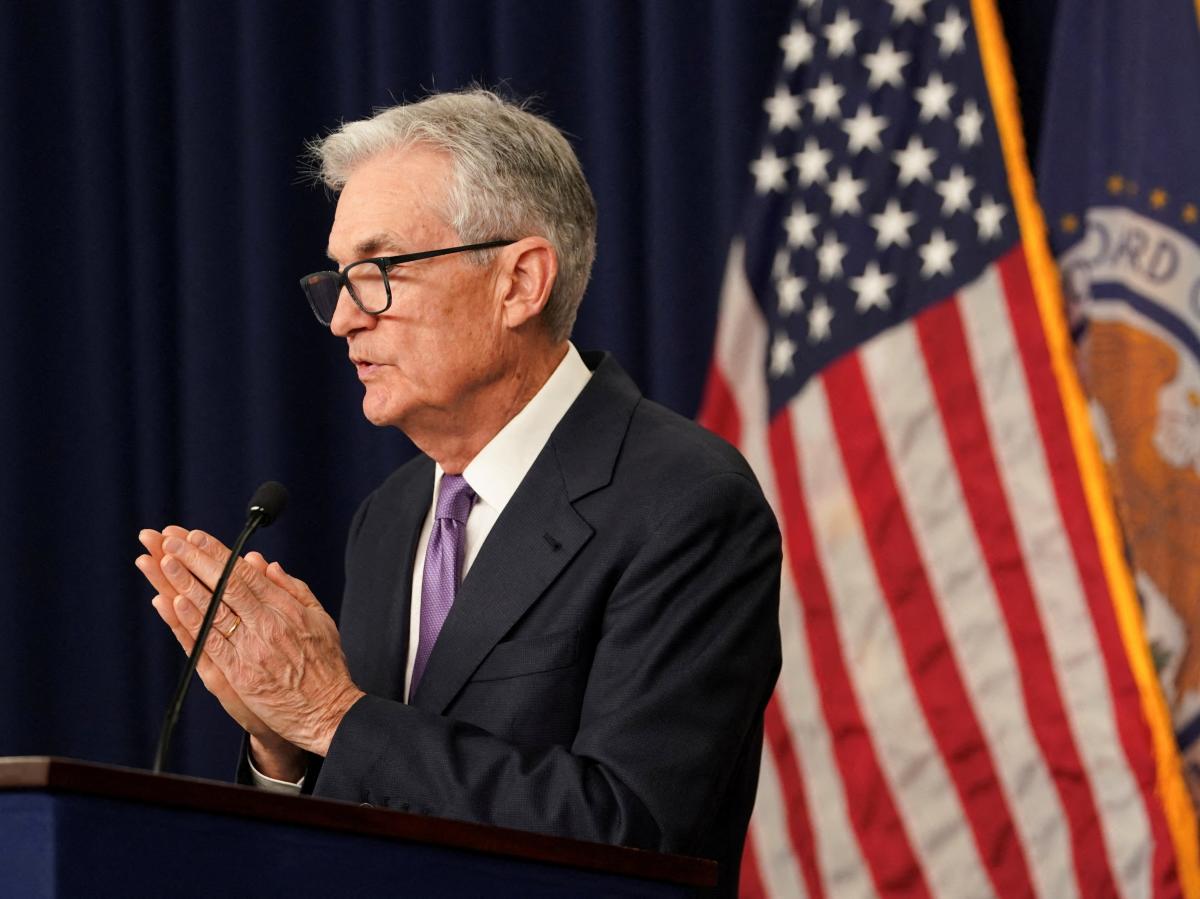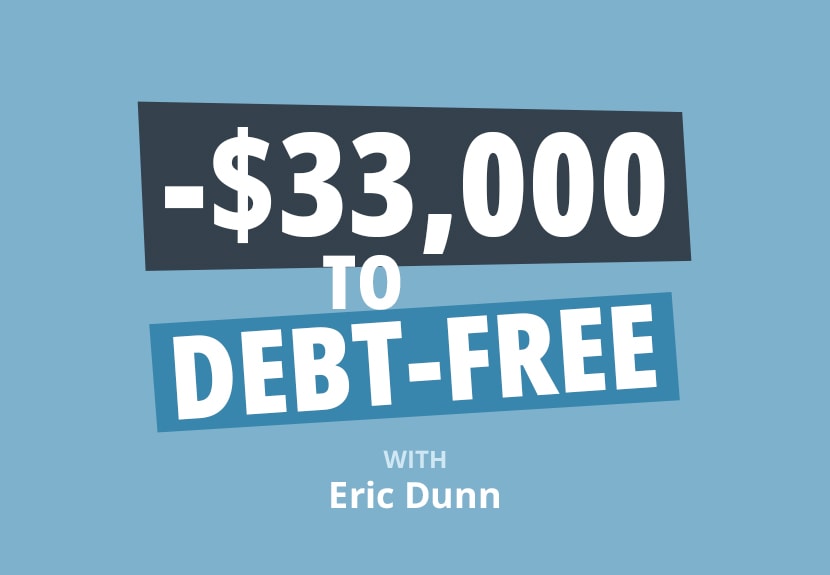I say the answer should be no. It should make no difference whether we call addiction a disease or a bad lifestyle. (I say “should” because it might matter for insurance purposes.) But it does matter whether addiction is something that can be controlled, or is something that is beyond human control. Most experts I read seem to agree that addiction is at least partly under the addict’s control. This is from a Reason magazine interview of Sally Satel, who spent years helping addicts in Appalachia:
I’m not going to deny any of the neurobiological facts or the very dramatic and eye-catching brain scans that they use—of course the brain has changed in addiction. So that’s all true. But the point is the brain isn’t changed to the point where a person can no longer make decisions.
If my choices are saying addiction is a disease vs. it’s a sin or it’s a crime or it’s evidence of moral failing, well, damn, I’m going to pick disease. But it’s a condition, a behavioral phenomenon that responds to contingencies, that responds to consequences, and that people engage in for reasons.
In Ironton and D.C., there’s not one patient who walked into a clinic and didn’t say that they were there because their wife was going to leave them, their boss is going to fire them, their probation officer is going to punish them, or their kid’s going to hate them. The point is they’re responding to something in their environment. If I had Alzheimer’s disease, which is to me a classic brain pathology, it wouldn’t matter what was going on in the environment or in my cognition or in my view of myself.
If you talk to someone who drinks too much or uses drugs too much—and I emphasize the too much, because that’s the problem—I’d say to them, “Why are you doing that? What’s going on?” That question makes sense. That question can be answered in existential terms. If I said to a person with Alzheimer’s disease, “Why do you have Alzheimer’s disease?” maybe they’ll talk to me about [brain] plaques and tangles and neural pathology. The answer doesn’t come in the form of existential language. That’s very important, because that goes to why people use and how we get them out of it.
I really like this answer. Many people allow words to distort their thinking about various issues. They may say to themselves, “First I need to determine if taxation is theft, and then that will allow me to decide how I feel about taxation.” That’s wrong. The question of whether taxation is justified has nothing to do with the label you decide to attach to the institution.
Similarly, people might say to themselves, “First I’ll decide if addiction is a disease, and then I’ll decide whether to criticize the addict for their behavior.” That’s also wrong. Satel regards addiction as a disease, and yet seems willing to criticize addicts for their behavior. That’s because addicts respond to incentives.
You are free to define words as you choose, but don’t expect society to follow along. If you say, “It’s not a disease if self control can improve the condition”, then diabetes would no longer be a disease.
PS. Mental illness is another problematic term. The issue is not whether mental illness is a disease or a behavioral choice; the question is how should we treat people who behave in unconventional ways. Here’s Tyler Cowen:
I don’t find the term “mental illness” very useful, and very often it is misleading, or even dangerous, or used to restrict the liberties of individuals unjustly.
Tyler doesn’t deny that mental illness exists—the problem is that it’s poorly defined. For instance, we once treated both pedophilia and homosexuality as illnesses. More recently, we’ve changed our minds on homosexuality for (in my view) essentially utilitarian reasons.
















